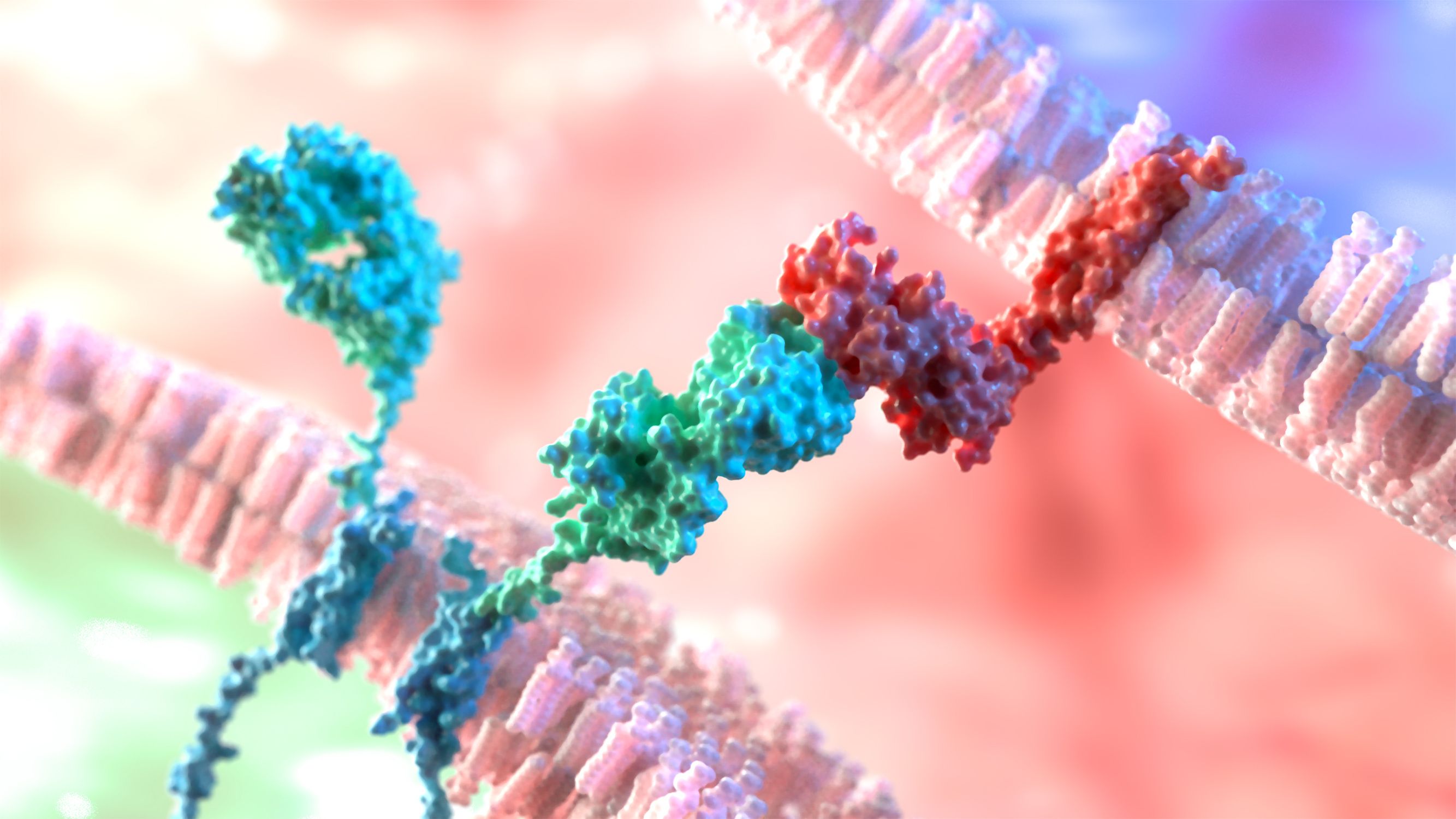Article
Study Finds Novel CAR T-cell Therapy Feasible, Safe in High-Risk Neuroblastoma
Author(s):
Six weeks after infusion of GD2-CART01, 9 of 27 patients (33%) with relapsed or refractory high-risk neuroblastoma had a complete response or maintained a complete response.
The use of novel CAR T-cell therapy GD2-CART01 was feasible and safe in patients with relapsed or refractory high-risk neuroblastoma, according to new findings published in the New England Journal of Medicine.
Credit: Alpha Tauri 3D - stock.adobe.com

Neuroblastoma is the most common extracranial solid tumor in children and is responsible for 11% of all deaths from cancer in pediatric patients. Nearly half of the patients have high-risk disease at diagnosis, and the 5-year event-free survival (EFS) among this population if 40% to 50%. Additionally, children in whom first-line therapy fails have a very low probability of recovery with subsequent treatments, with long-term survival of approximately 5% to 10%.
Neuroblastoma cells express high levels of the disialoganglioside GD2, and targeting this with monoclonal antibodies has been associated with a significant increase in survival among high-risk patients. However, few early-phase clinical trials of GD2-targeted chimeric antigen receptor (CAR) T cells have shown that the approach is feasible and few objective responses have been reported.
Now, investigators have developed a GD2-directed CAR construct incorporating 2 costimulatory domains—CD28 and 4-1BB. They also included in the construct the gene for inducible caspase 9 (iC9) as a safety switch, allowing the adoptively transferred cells to be killed if they were associated with dangerous toxic effects.
The new results are from the phase 1 and 2 clinical trial to assess GD2-CART01. The phase 1 portion was designed as a dose-finding trial, following an escalation and de-escalation schema.
Patients between the ages of 1 and 25 years with high-risk neuroblastoma who had relapsed disease or persistent or progressive disease during first-line treatment were enrolled in the phase 1 trial. In the phase 2 trial, patients with metastatic disease and MYCN amplification could be enrolled after completion of first-line treatment, even if they had a complete response.
A total of 30 patients underwent screening and 27 were enrolled and received treatment between January 2018 and October 2021. GD2-CART01 was manufactured successfully in all of the patients, with multiple doses of cells generated for each study participant. Eleven patients received multiple infusions and each patient could receive up to 4 infusions.
Six weeks after infusion of GD2-CART01, 9 of 27 patients (33%) had a complete response or maintained a complete response. All 9 patients had a complete response after the first infusion and did not receive further treatments, and with a median follow-up of 1.7 years, a complete response was maintained in 5 of 9 patients (56%). Additionally, 8 patients (30%) had a partial response, 5 (19%) had stable disease, and 5 (19%) did not have a response. A total of 17 of 27 patients (63%) had an objective response.
Patients with low disease burden had significantly longer survival than those with a higher disease burden. At 3 years, overall survival was 67% among those with low disease burden compared to 0% among those with high disease burden, whereas EFS was 58% and 0%, respectively. Additionally, in the univariate analysis, high disease burden was the only variable associated with lower EFS.
A total of 11 patients received additional infusions, with a total of 16 additional infusions. GD2-CART01 cells expanded after infusion in most of the patients, with kinetics similar to those of the first infusions but with lower peaks. Among those who received additional infusions, investigators observed 3 complete responses and 3 partial responses.
Based on these findings, the investigators said the study suggests that GD2-CART01 may induce sustained eradication of disease in patients with relapsed or refractory neuroblastoma. Additional studies are examining the role of GD2-CART01 in the multimodal treatment of high-risk neuroblastoma.
REFERENCE
Del Bufalo F, De Angelis B, Caruana I, Del Baldo G, et al. GD2-CART01 for Relapsed or Refractory High-Risk Neuroblastoma. N Engl J Med 2023;388:1284-95. doi:10.1056/NEJMoa2210859
Newsletter
Stay informed on drug updates, treatment guidelines, and pharmacy practice trends—subscribe to Pharmacy Times for weekly clinical insights.






